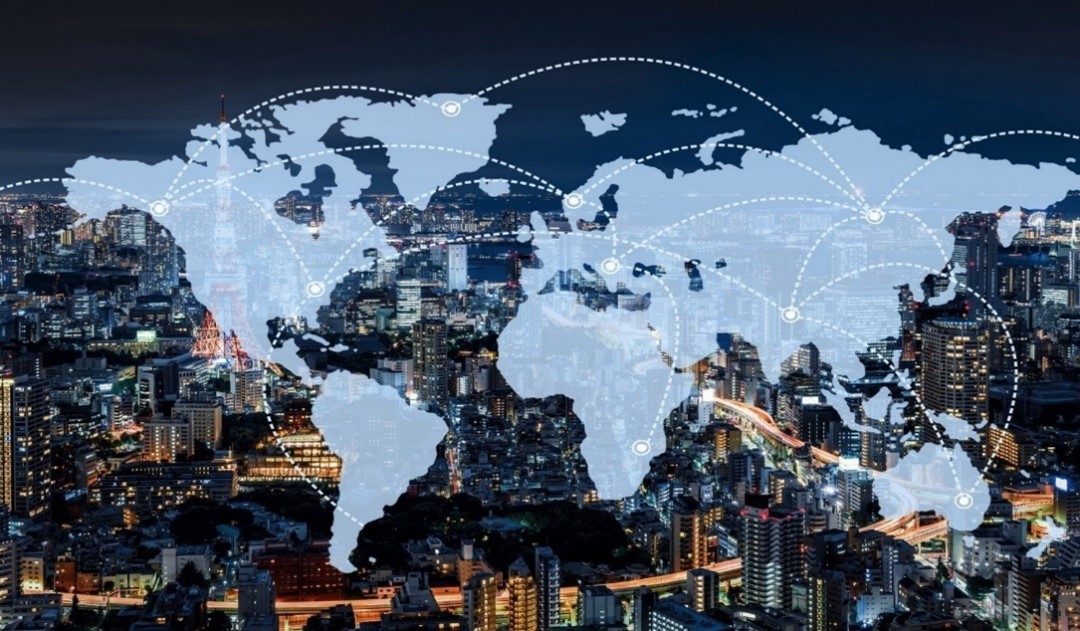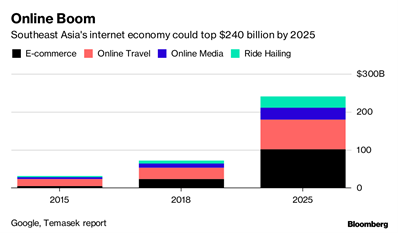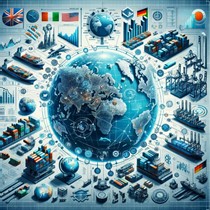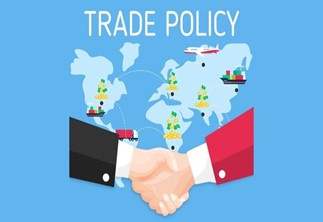 기후 변화가 세계 무역 및 투자 패턴을 어떻게 재편성하고 있는가
기후 변화가 세계 무역 및 투자 패턴을 어떻게 재편성하고 있는가
세계 무역은 상품, 서비스 및 자본이 국제 경계를 넘나드는 교환을 의미하며, 이는 경제 성장, 발전 및 세계화에 중요한 역할을 합니다
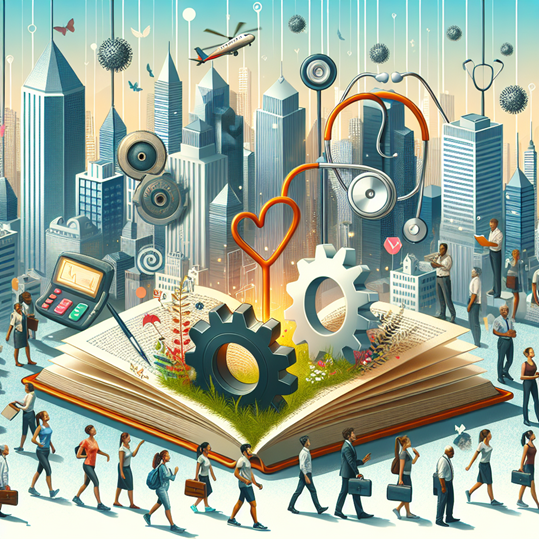 What role do institutions play in the economic development of poor countries?
What role do institutions play in the economic development of poor countries?
Institutions play a critical role in the economic development of poor countries. They shape the incentives for individuals, businesses, and governments, influencing how resources are allocated and how economic activities are conducted.
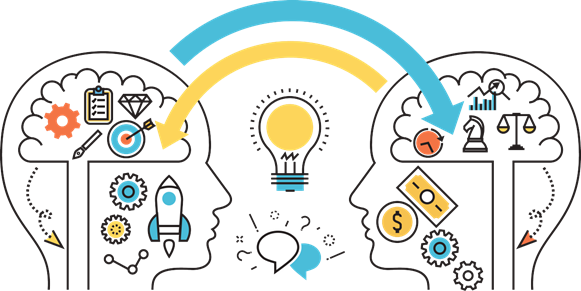 How effective are foreign aid programs in fostering long-term economic growth?
How effective are foreign aid programs in fostering long-term economic growth?
The effectiveness of foreign aid programs in fostering long-term economic growth is a highly debated issue among policymakers, economists, and development experts.
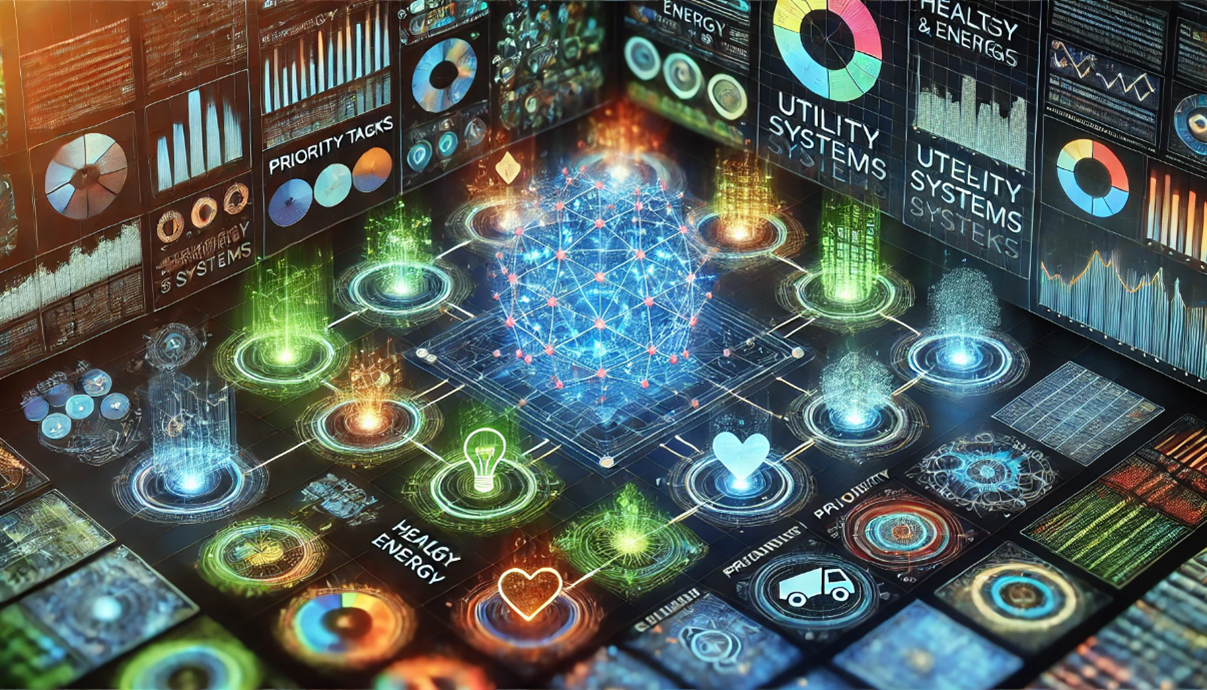 How can AI generate dynamic and realistic NPC behaviors in video games?
How can AI generate dynamic and realistic NPC behaviors in video games?
AI can generate dynamic and realistic NPC (Non-Player Character) behaviors in video games by simulating intelligent actions, reactions, and interactions that adapt to both the game world and the player's actions.
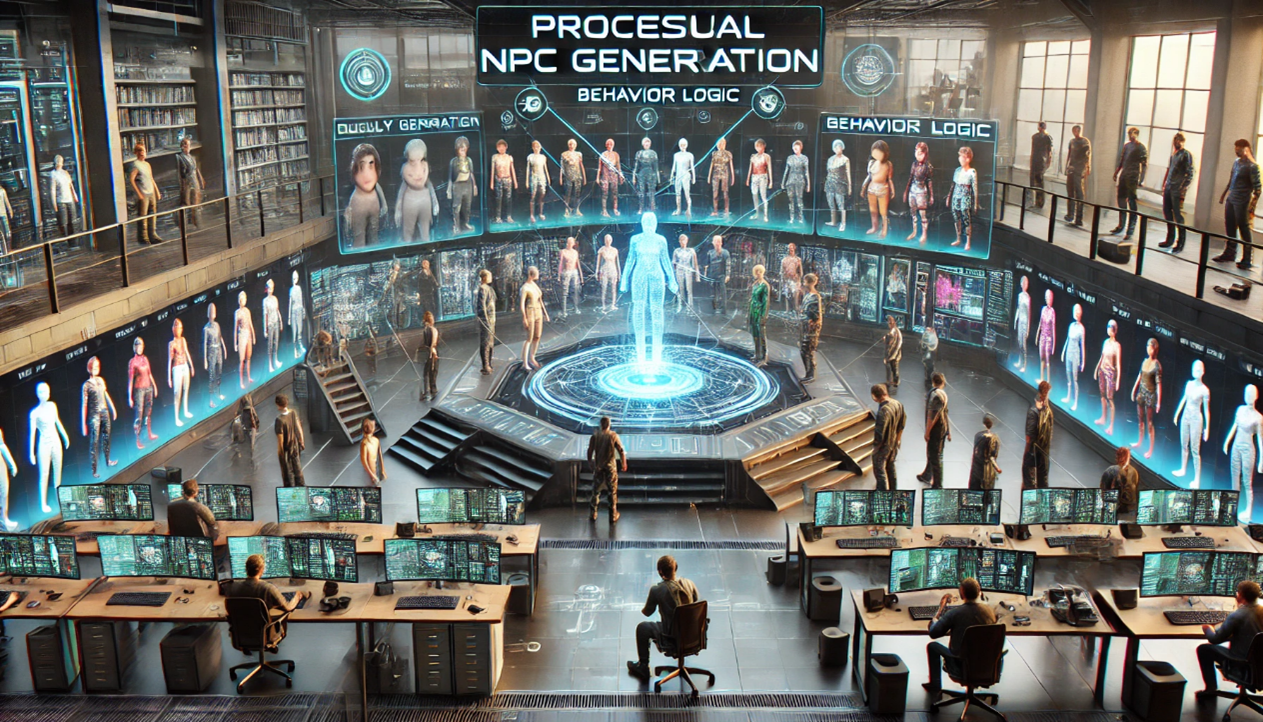 What advancements are being made in AI-driven procedural content generation?
What advancements are being made in AI-driven procedural content generation?
AI-driven procedural content generation (PCG) is an exciting area of game development and digital media that is rapidly evolving.
 How can AI optimize the performance of IoT devices in smart homes and industries?
How can AI optimize the performance of IoT devices in smart homes and industries?
AI can optimize the performance of IoT (Internet of Things) devices in smart homes and industries by improving efficiency, reliability, and automation across various systems.
 What challenges exist in developing lightweight AI models for edge deployment?
What challenges exist in developing lightweight AI models for edge deployment?
Developing lightweight AI models for edge deployment presents several challenges, due to the constraints and specific requirements of edge devices.
 What are the economic benefits and drawbacks of a 4-day workweek?
What are the economic benefits and drawbacks of a 4-day workweek?
The 4-day workweek has emerged as a significant point of discussion in the modern workplace, especially as businesses and governments consider innovative approaches to improving employee well-being, boosting productivity, and addressing sustainability concerns.
 Should governments prioritize environmental policies over economic growth?
Should governments prioritize environmental policies over economic growth?
The debate between prioritizing environmental policies or economic growth is one that has gained significant attention in recent years.
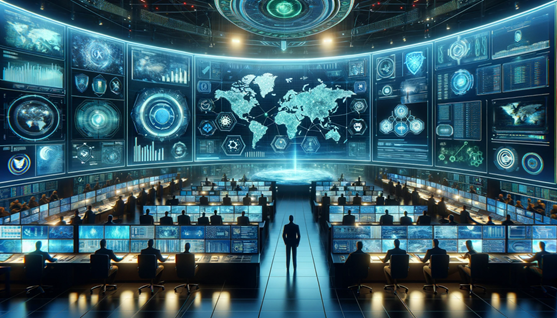 How Should Governments Regulate the Use of AI in National Security?
How Should Governments Regulate the Use of AI in National Security?
The rapid advancements in Artificial Intelligence (AI) have introduced significant opportunities and risks, particularly in the domain of national security. AI technologies, including machine learning, autonomous systems, and data analytics, are increasingly being integrated into military and intelligence operations, creating new ways to enhance defense capabilities.
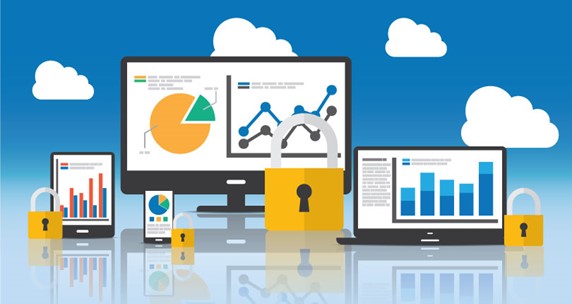 How does migration shape the political landscape of host nations?
How does migration shape the political landscape of host nations?
Migration has long been a defining feature of human history, shaping societies, economies, and cultures across the globe. In recent decades, migration patterns have intensified due to factors such as globalization, economic disparities, conflict, environmental challenges, and political instability.
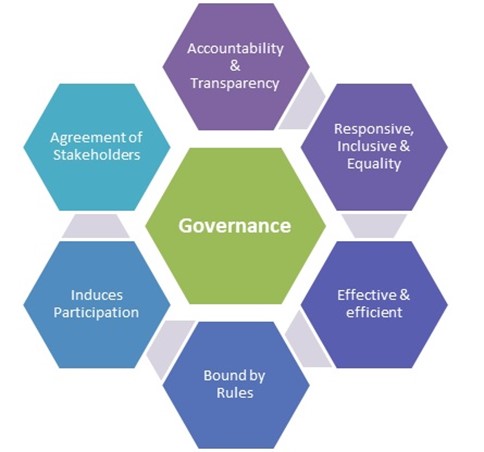 Does Proportional Representation Lead to Better Governance than First-Past-The-Post Systems?
Does Proportional Representation Lead to Better Governance than First-Past-The-Post Systems?
The debate between proportional representation (PR) and first-past-the-post (FPTP) electoral systems is central to discussions on democratic governance, electoral fairness, and the overall quality of government.
 What are the ethical responsibilities of countries in managing refugee crises?
What are the ethical responsibilities of countries in managing refugee crises?
Refugee crises are one of the most pressing humanitarian challenges in the modern world. Armed conflicts, persecution, human rights violations, climate change, and economic instability often force millions of people to flee their home countries in search of safety, security, and a better life.
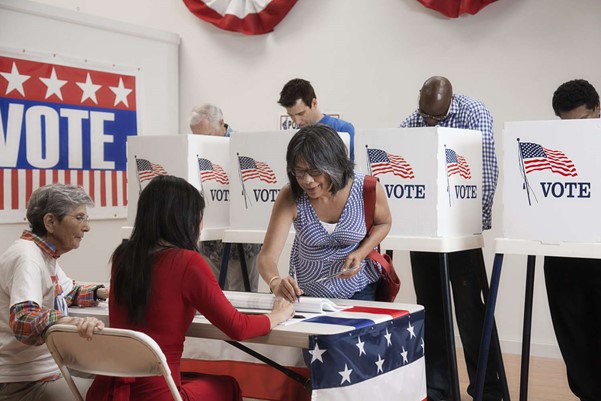 Should Voting Be Mandatory in Democratic Countries?
Should Voting Be Mandatory in Democratic Countries?
The question of whether voting should be mandatory in democratic countries is a highly debated issue that touches on fundamental aspects of political participation, individual rights, and democratic integrity.
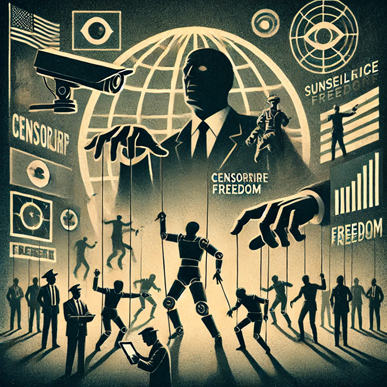 What are the political risks of mass surveillance programs?
What are the political risks of mass surveillance programs?
Mass surveillance programs, which involve the widespread collection and analysis of data on individuals' activities, communications, and behavior, have become a prominent tool for national security, law enforcement, and intelligence agencies.


